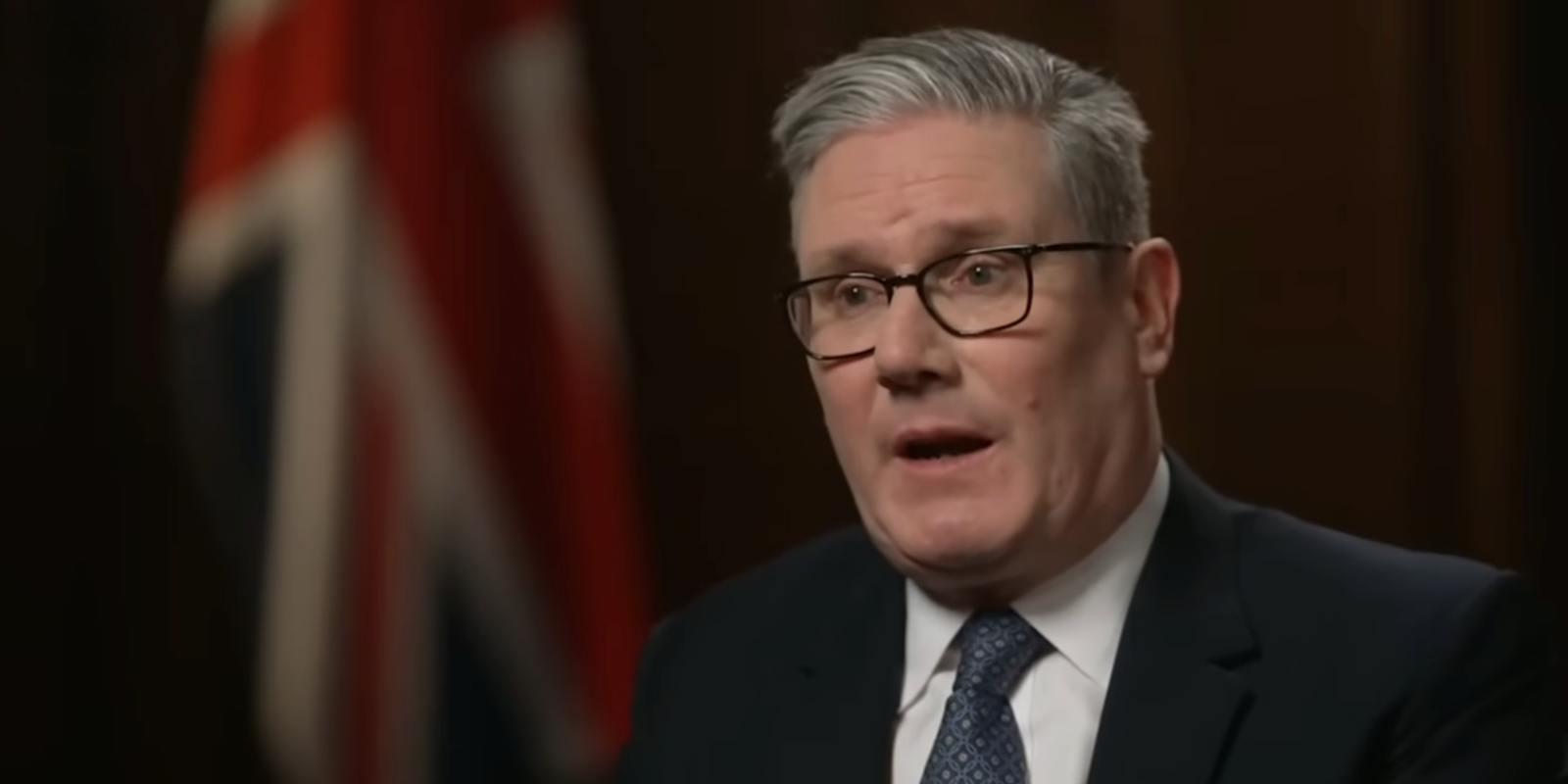A federal judge has blocked a recent Texas law that sought to place restrictions on “sexually oriented performances” being performed in front of children.
Last June, Texas enacted legislation similar to laws in other states that aimed to prohibit performances with adult content in the presence of children. The law explicitly bans businesses from hosting performances featuring nudity, sexual conduct, or content that appeals to the “prurient interest of sex” in venues accessible to children. Among these performances were drag shows.
However, District Judge David Hittner has blocked the state law, ruling that it violates the First Amendment. Hittner, a Ronald Reagan appointee, wrote that the law is unconstitutional because it is a violation of the right to free speech. The judge also argues that performances like drag shows often convey political and social messages aside from being intended for entertainment purposes.
“Not all people will like or condone certain performances. This is no different than a person’s opinion on certain comedy or genres of music, but that alone does not strip First Amendment protection.” Hittner explained in his ruling. “However, in addition to the pure entertainment value there are often political, social, and cultural messages involved in drag performances which strengthen the Plaintiff’s position.”
Hittner went on to suggest that the law is too broad and could apply to performances such as cheerleading, dancing, and live theater.
The plaintiff in the case, drag performer Brigitte Bandit, celebrated the ruling, arguing that laws like the one recently passed by Texas place a hindrance on the community.
“My livelihood and community has seen enough hatred and harm from our elected officials,” Bandit claimed.
The judge’s ruling is a major setback to conservatives who are seeking to prevent children from being exposed to overtly sexual material. However, Texas State Senator Bryan Hughes, who introduced the law, responded to the ruling by pledging to defend the law all the way to the Supreme Court if necessary. The Texas Attorney General’s Office has stated that it will appeal the ruling.
This piece first appeared at TPUSA.





